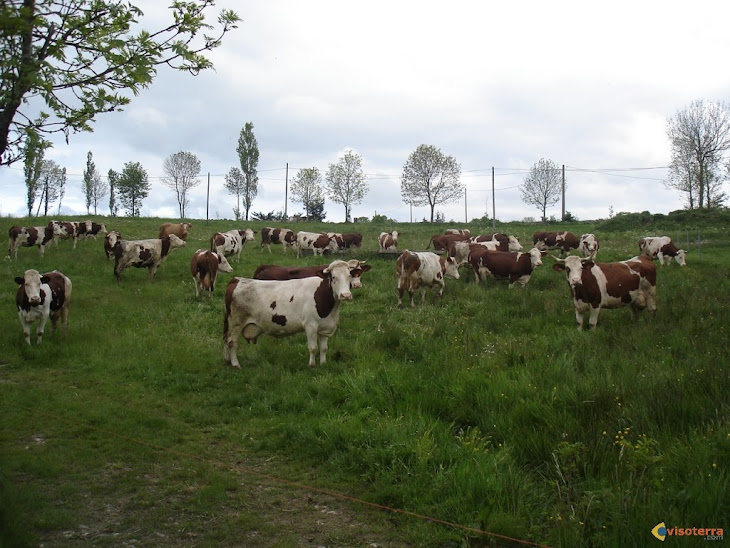









Strong shilling hits local tax revenue
Kampala-Uganda
THE strong shilling has hit customs revenue collections, resulting into an estimated loss of sh39.39b in the first quarter of the financial year, a Uganda Revenue Authority (URA) report shows.
The revenue body had projected tax collections based on a weaker shilling against the dollar.
“Using the annual estimated average exchange rate for 2009/10 of sh2,292.9, customs tax revenue will have been sh193.77b, sh181.79b and sh180.53b for July, August and September 2009,” noted the report.
However, due to fluctuations in the exchange rate, customs revenue was lower than predicted.
“Therefore, the estimated revenue loss as a result of the appreciating shilling was sh9.27b, sh13.99b and sh16.13b for July, August and September.
“Therefore, the exchange rate coupled with other factors affect tax revenue.”
Contrary to URA’s projections, the shilling has since June appreciated against the greenback, trading at 1,860/1,870 to the dollar after shedding off over 35% of its value between August 2008 and May 2009.
It traded around 1,945/1,950 rate around the same period last year.
The central bank attributed the appreciation to a combination factors including dollar inflows from offshore investors who have returned to the market, remittances from Ugandans abroad, increased export receipts boosted by improved regional trade and commercial banks unwinding their long dollar positions.
But the governor Tumusiime Mutebile announced recently that the central bank was planning more frequent interventions in the foreign exchange market to minimise the negative impact of a fast-appreciating shilling on the economy.
“In addition to intervening to smoothen out volatility, we will until further notice intervene to stop excessive appreciation of the exchange rate,” he said.
Mutebile said the central bank was determined to ensure that the appreciation of the exchange rate would not lead to an unnecessary reduction in aggregate domestic demand.
“I have said before that we are not committed to a particular exchange rate in the economy, but because of the problems that are happening now which lead to a reduction in domestic demand, Bank of Uganda will for some time now attempt to ensure that the appreciation of the exchange rate does not worsen the situation regarding aggregate demand,” he explained.
Following these comments, the shilling shed some of its gains to trade at a three-month low of 1,935/1,940 per dollar over the weekend.
The shilling depreciated due to US currency purchases by offshore investors and telecom companies. Commercial banks also made purchases to cover their short dollar positions.
Dealers said the central bank intervened on Tuesday, buying an estimated $10m from the market. The local unit had opened trading at 1,914/1,919 to the dollar but the central bank action pushed the rates to 1,925/1,930.
“Following the central bank previous comments on frequent interventions, their action to buy dollars is sending a signal that the local unit will head lower,” said Denis Mushabe, a trader with Standard Chartered Bank.
Market sentiment is for a weaker shilling trading in the 1,950-2,000 range.
While a strong shilling favours importers, exporters suffer because for every dollar earned, they get fewer shillings.
The dollar is one of the major currencies that affect Uganda’s trade with the rest of the world and resultant fluctuations in foreign exchange market impact on trade and tax revenue.
URA, however, expects the impact of the stronger shilling to boost import trade since importers bring in more goods at lower prices.
“Assuming all factors remain constant, a strong shilling is expected to lead to increase in the volumes of imports and subsequently tax revenue from international trade in the short-run, while these gains will also be felt in the domestic taxes after trade in the domestic market has taken place.”
Performance of imports
Importers have brought in more goods in the run up to the festive season with home consumption goods for the August to October 2009/2010 financial year up at sh1,897.05b compared to sh1, 466.95b over the same period last year.
However, on a month-on-month basis, imports have been in a declining trend.
For example, imports for August were at sh515.76b before declining to sh480.20b in September and to sh469.33b in October.
URA said the top 17 imports were classified as raw materials, plant and machinery and petroleum.
Some of the major raw materials imported included wheat and melsin for the milling and bakery industry, palm oil for the edible oil industry as well as cane or beet sugar for the beverage industry.
Indicating increased activity in the services sector, plant and machinery imported over the same period included base stations, electrical transformers and drilling equipment, structures as well as telecommunication and transmission machinery.
Vehicle imports dip
Data shows that the total number of motor vehicles imported between August and October was 8.8% lower at 11,280 compared to 10,283 imported over the same period last year.
“This decline was reflected in all the classes of motor vehicles with the exception of trucks and trailers, whose growth could be attributed to incentives on importation of goods vehicles,” said the report.
However, the month-on-month figures, show that the number of motor vehicles for August and October were less by 1.3% and 11.2% respectively compared to the same months last year.
On the other hand, September car imports were higher by 21.6 % compared with 2008.
The vehicles imported included tractors, passenger service vehicles, saloons, trucks, special purpose vehicles and trailers.
Adopted from New Vision














